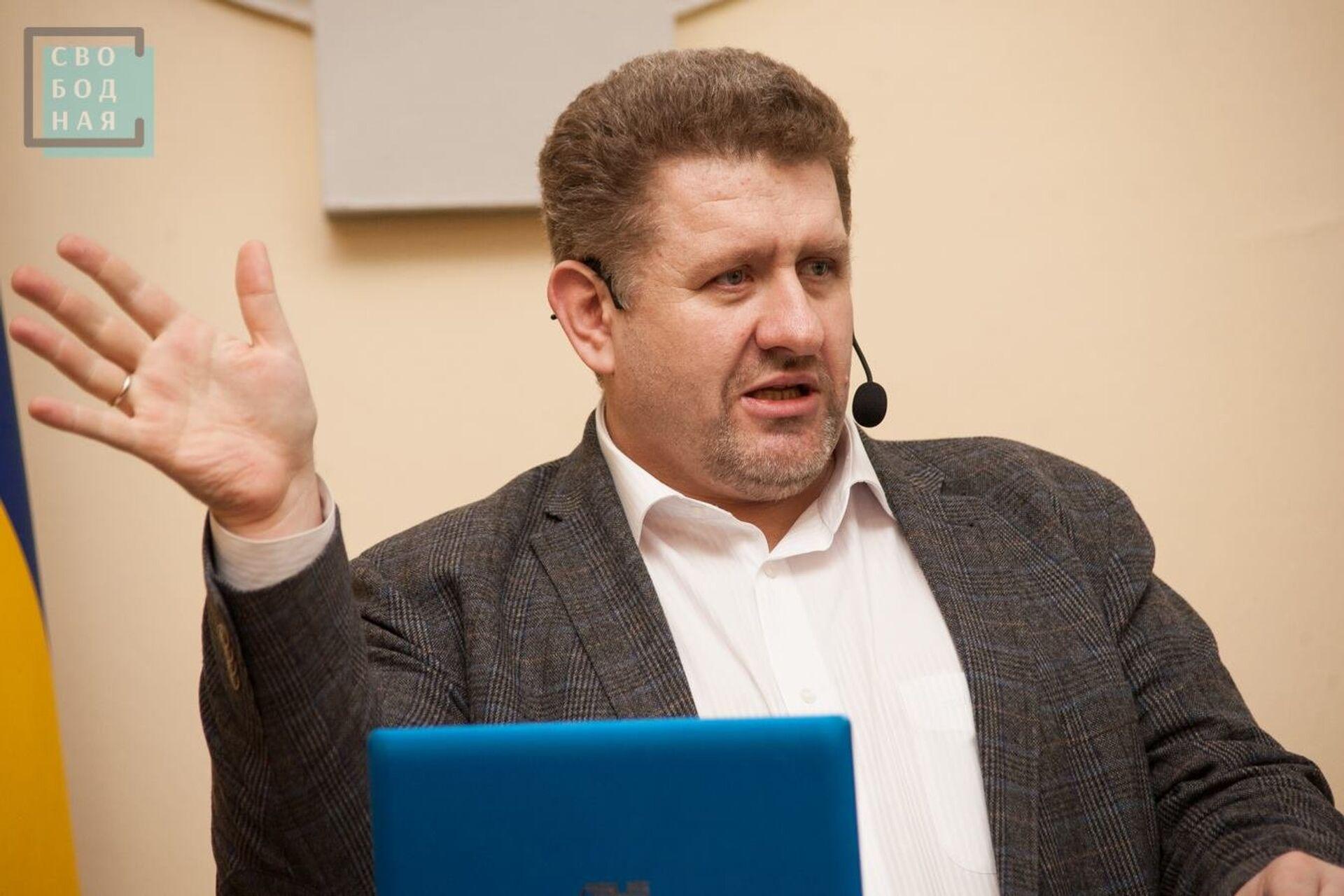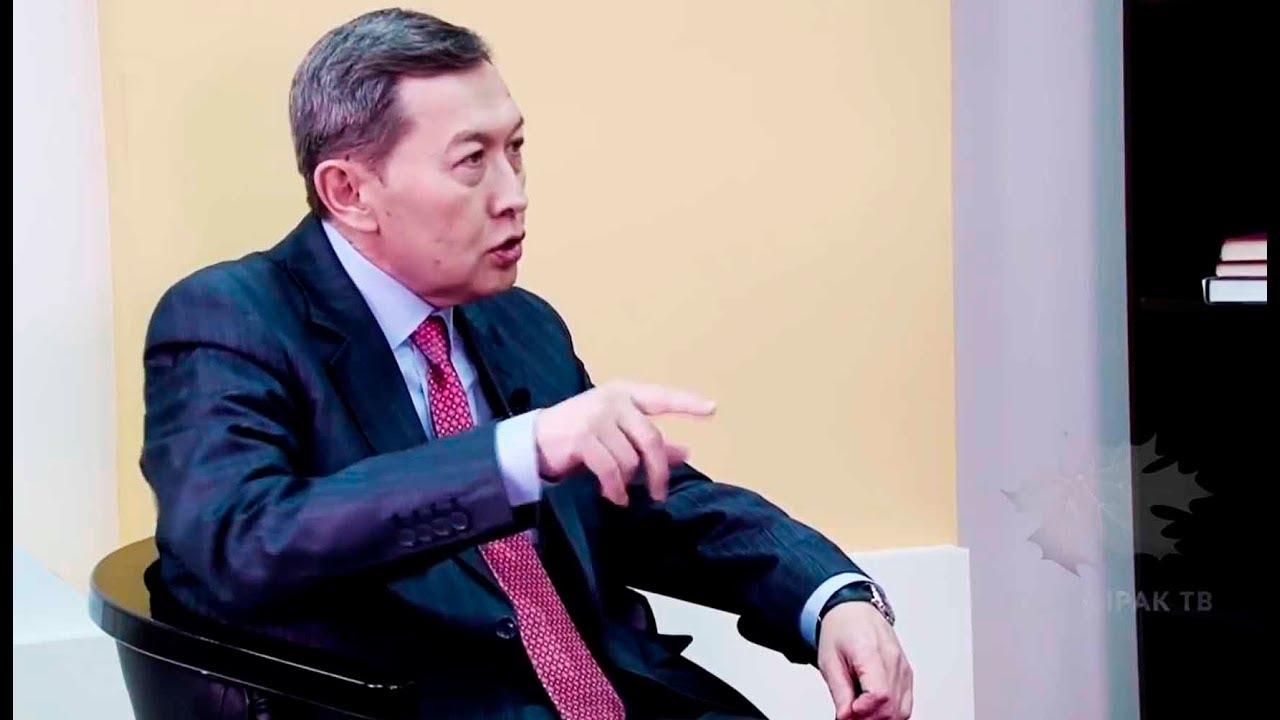Sovereignty concerns rise in Armenia as Pashinyan mulls constitutional changes Foreign analysts share possible impacts with Caliber.Az
"Changing the country's Constitution under external pressure, direct or indirect, will endanger the country's sovereignty," Hayk Stepanyan, head of the Armenian Revolutionary Guards NGO, said in a conversation with EADaily, commenting on Armenian Prime Minister Nikol Pashinyan's statement that the government is preparing a new Constitution for the country.
"The fact is that the current Constitution is based on Armenia's 1990 Declaration of Independence and it contains the fundamental provisions of that Declaration. Now the Armenian government, under pressure from Azerbaijan, has decided to change, first of all, these very fundamental articles," Stepanyan says.
He said that in order to put into practice the complete replacement of the Constitution, "the government intends to announce the abolition of the 3rd Independent Republic and declare the establishment of the Fourth."
"Thus, a referendum on a complete change of the Constitution will make the Declaration of Independence of Armenia invalid, as the new main document will lack the provisions of this Declaration. The country will have no foundation of sovereignty. The Declaration and the Constitution will contradict and mutually exclude each other, and the Declaration itself will lose its meaning. The Constitution cannot be based on the whims of a single government and cannot be a tool for solving immediate problems, not to mention that the new Constitution is being written under enormous pressure from Türkiye and Azerbaijan," the head of the Guardians of the Armenian Revolution is concerned.
He, however, forgot to mention that this very Declaration of Independence contains a provision on "reunification of Nagorno-Karabakh with Armenia", and Baku points out its unacceptability, as it would be strange to sign a peace treaty with a state that continues to declare territorial claims to you in its Constitution.
Obviously, in order to make the necessary changes to the Constitution in this regard, the Prime Minister must initiate a referendum. But the thing is that Pashinyan has so far only occasionally touched upon this topic in words, but for some reason he has not decided to take this step himself. I wonder why? Won't it turn out that (to Hayk Stepanyan's delight) the matter will drag on for a long time? Shouldn't the current leadership of Armenia make every possible effort to push through this constitutional change?
At the request of Caliber.Az's editorial board, foreign experts have taken up the task of assessing what is happening.

The head of the Ukrainian Politics Foundation, analyst and historian Konstantin Bondarenko notes that the constitutional process is one of the most complicated processes in any country.
"But some states live under constitutions adopted under external pressure, such as Germany, Austria and Japan. Germans can argue at length about how disadvantageous certain articles of the 1949 constitution were for Germany, but they have been faithfully implementing it for 75 years. That's what the referendum is for, to get an answer: do the people want the war to continue, or have the people accepted the situation that has developed as a result of the defeat?
According to him, a peace treaty with Azerbaijan is impossible without the adoption of a new constitution in Armenia.
"But the adoption of the constitution will deactualise several politicians who speak with revanchist slogans. In any case, the people of Armenia should have the last word. And the longer Nikol Pashinyan delays the process of organising the referendum, the more uncertain he makes the situation inside the country (which concerns his own fate and his power)," Bondarenko believes.

As the Kyrgyz political expert, Doctor of Historical Sciences, Professor Askar Dzhakishev noted, it seems to him that the statement of Armenian Prime Minister Pashinyan on the necessity to remove the Karabakh clause from the Constitution in order to remove the obstacle to signing a peace treaty between Armenia and Azerbaijan is a move in the right direction - although in the public consciousness of the Armenian people it may be perceived as a capitulationist policy and even as a betrayal of the interests of the state.
"In my opinion, we should commend the political will of Pashinyan, who did not resign as prime minister, leaving others to deal with this crisis, but took the responsibility to come out to sign a peace treaty. Undoubtedly, the implementation of Pashinyan's announced roadmap needs support from the public and political elites, and their willingness to reformat the views that have developed over the past three decades. Nevertheless, the movement towards the signing of a peace treaty will continue, as Armenia's current socio-economic condition urgently requires a way out of the economic blockade of thirty years. Here it is appropriate to cite Ter-Petrosian's words at a meeting with journalists when he complained about Armenia's geographical deadlock. This deadlock was particularly felt in Armenia in connection with the Karabakh conflict, which caused thirty years of economic stagnation," the professor said.
It seems to him that a trend is forming in the public consciousness of Armenia in favour of greater pragmatism in international politics due to the accumulated fatigue from the schizophrenic situation of "neither peace nor war" in relations with the nearest neighbour.








